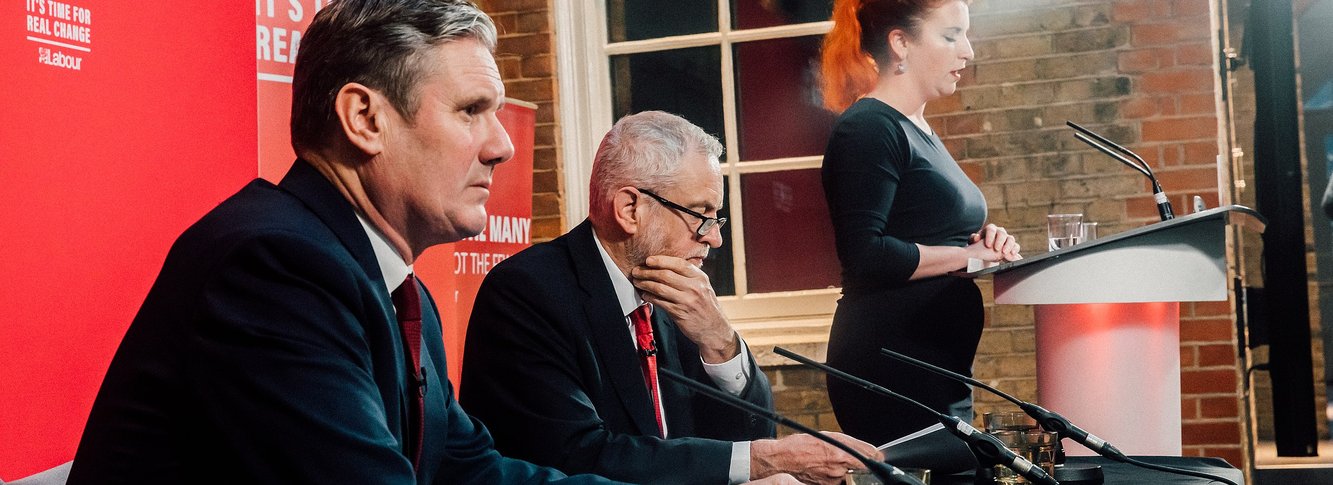| 1 min read
Many see the Labour leader, Keir Starmer, as a new Tony Blair, taking the party rightward to gain electability. However, Labour under Starmer has advanced a politics of anti-neoliberalism like that of Jeremy Corbyn and John McDonnell. As Shadow Chancellor, McDonnell developed a critique of neoliberalism which he holds responsible for widening inequality, the 2008 financial crash and its aftermath. Key members of Starmer's Shadow Cabinet agree with this diagnosis and have advanced similar ideas to reform neoliberalism, embracing a decentralised, communitarian socialism which involves large-scale structural reform. Whilst Shadow ministers’ politics of anti-neoliberalism has been rendered more culturally conservative by recent populist victories, it reveals fundamental continuities between Corbyn's and Starmer's Labour in a shared scepticism of globalisation. Labour under Starmer is best understood as a party aspiring to restructure an economic model perceived to have failed. In that sense, it differs markedly from New Labour.
Need help using Wiley? Click here for help using Wiley







